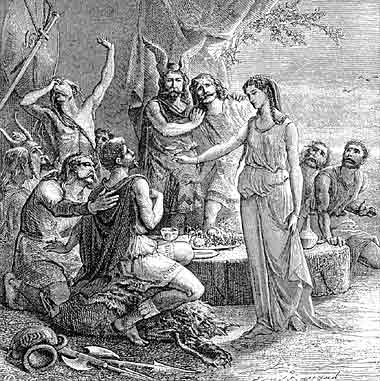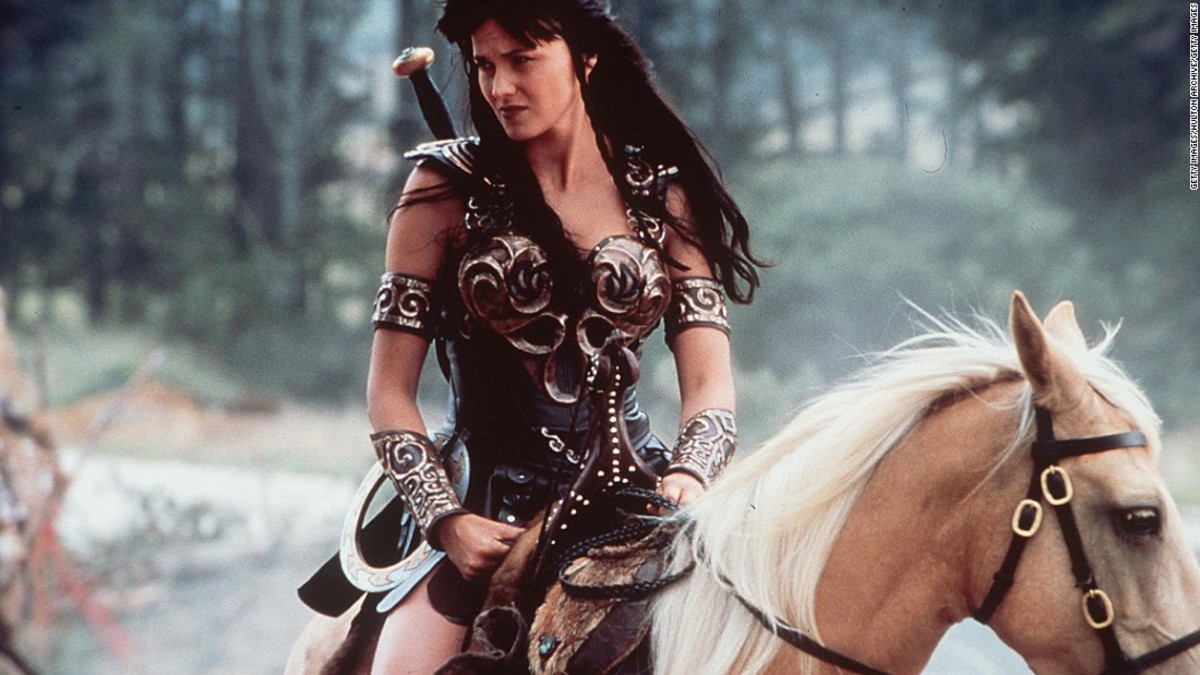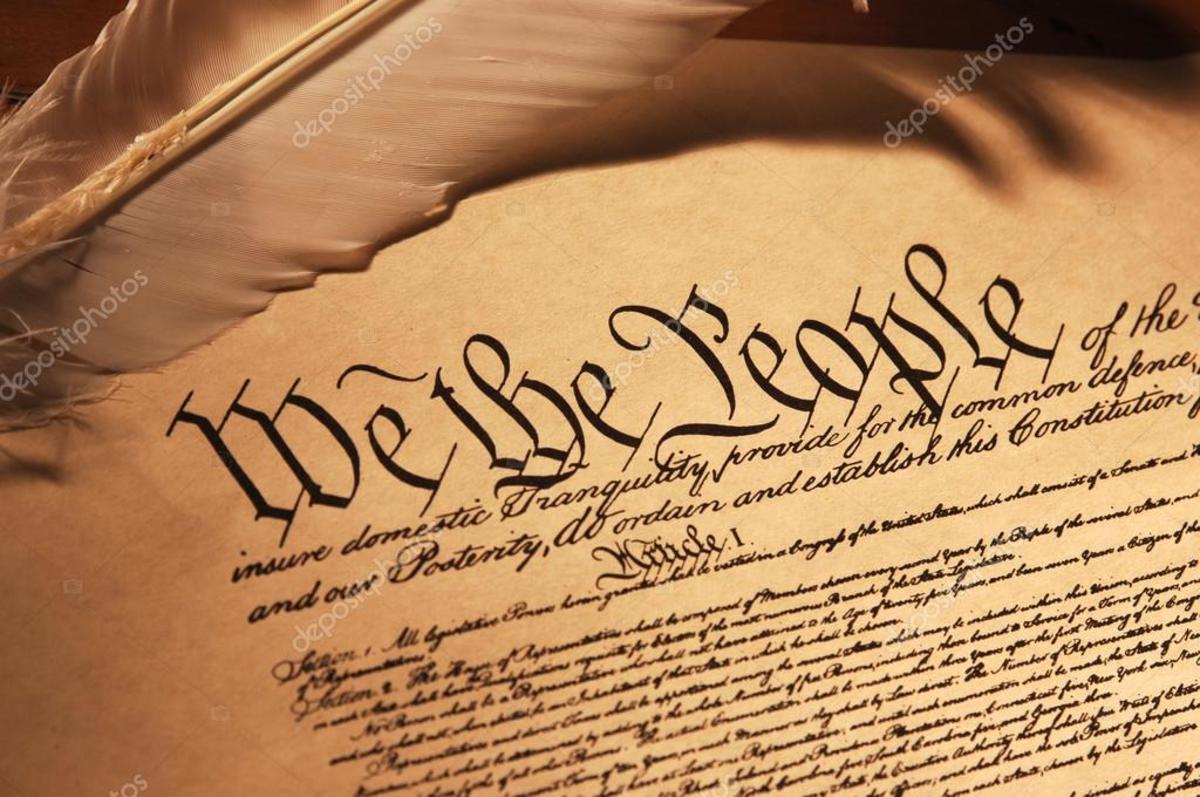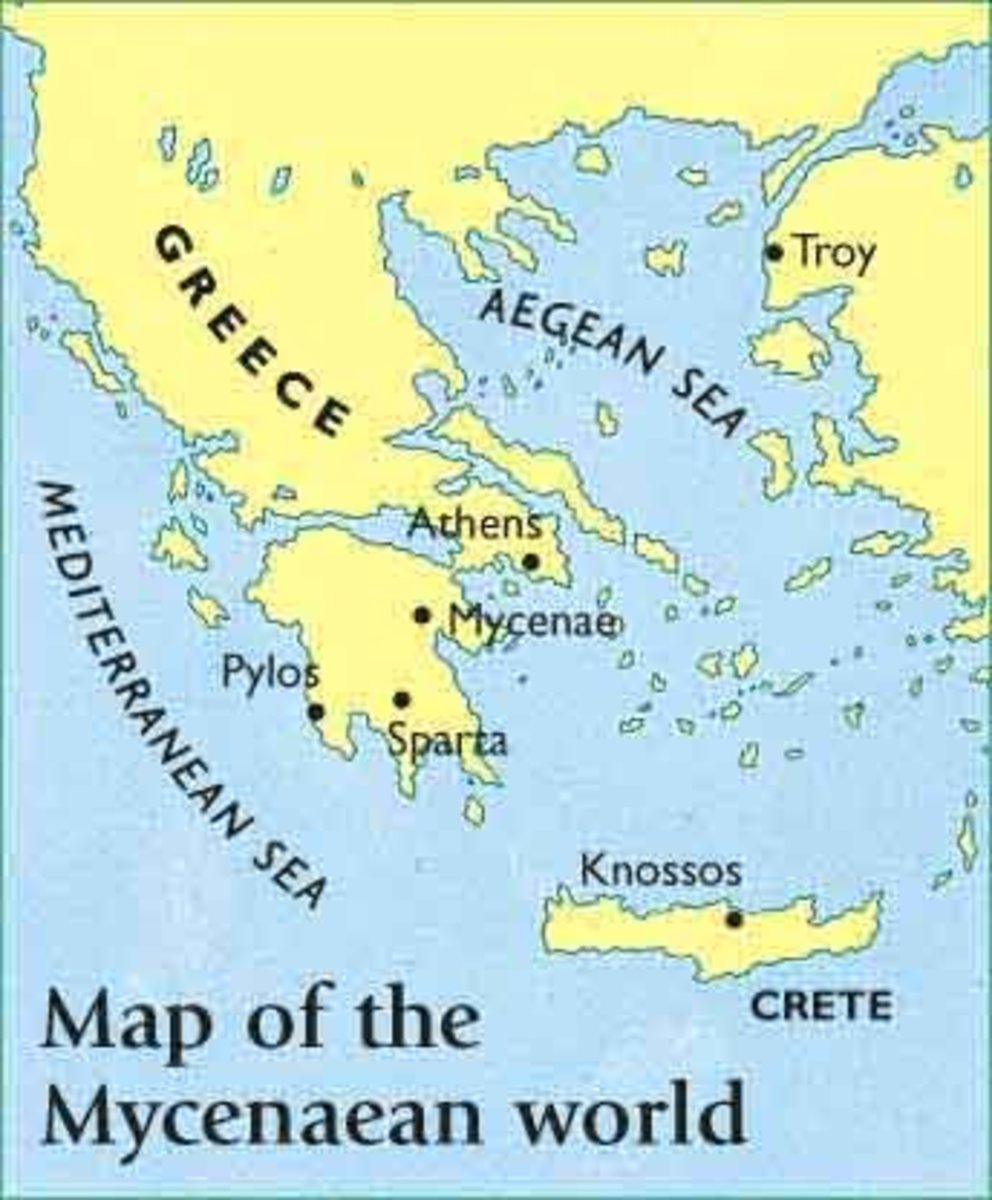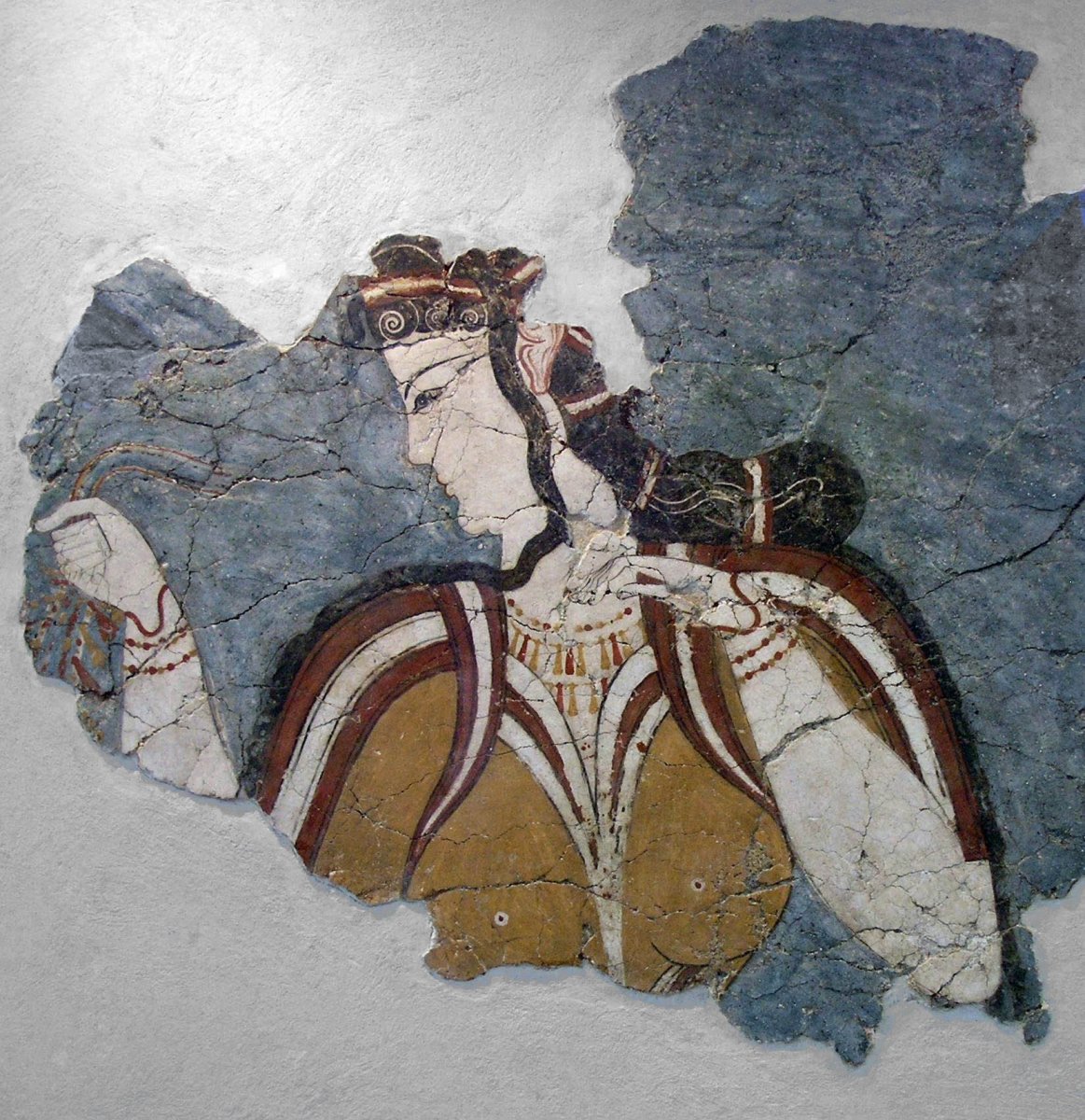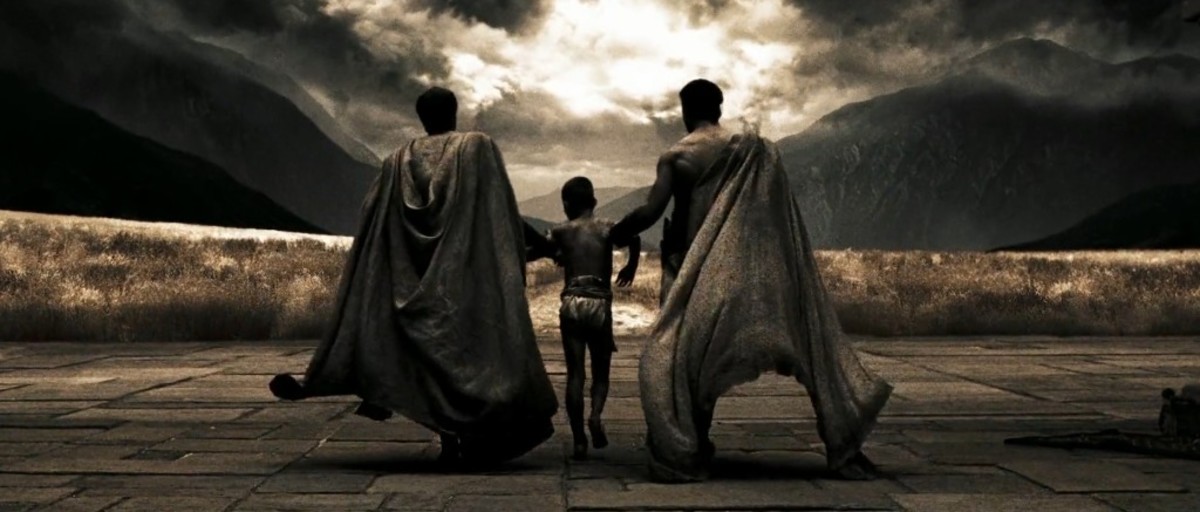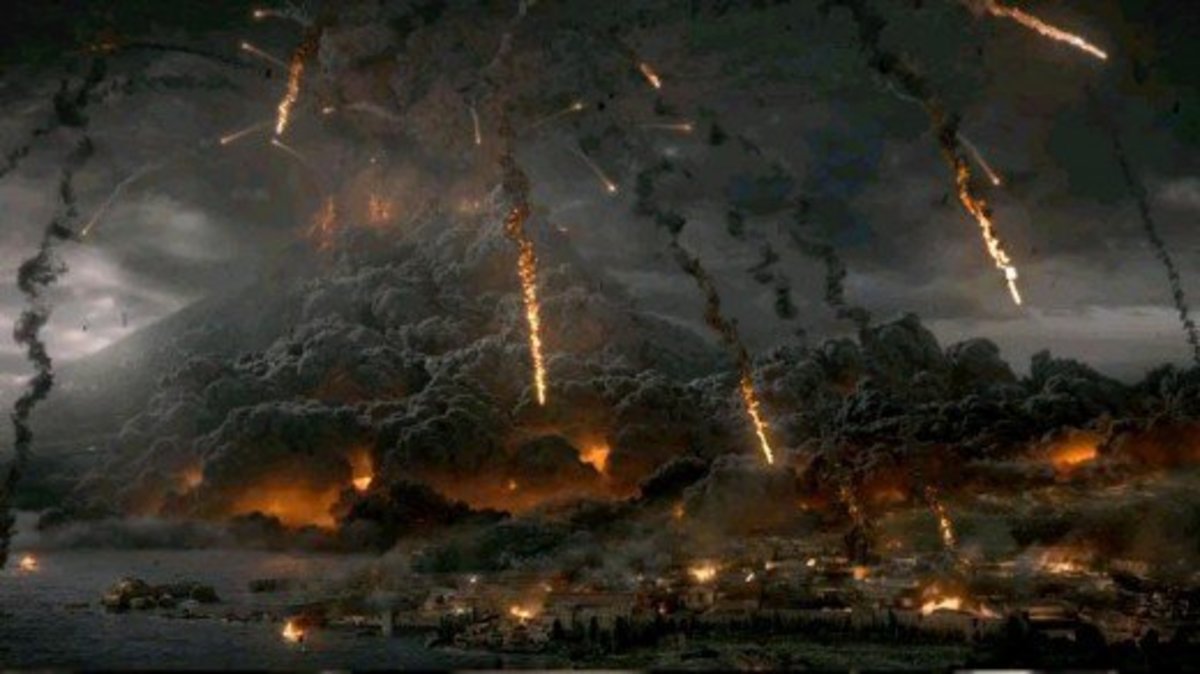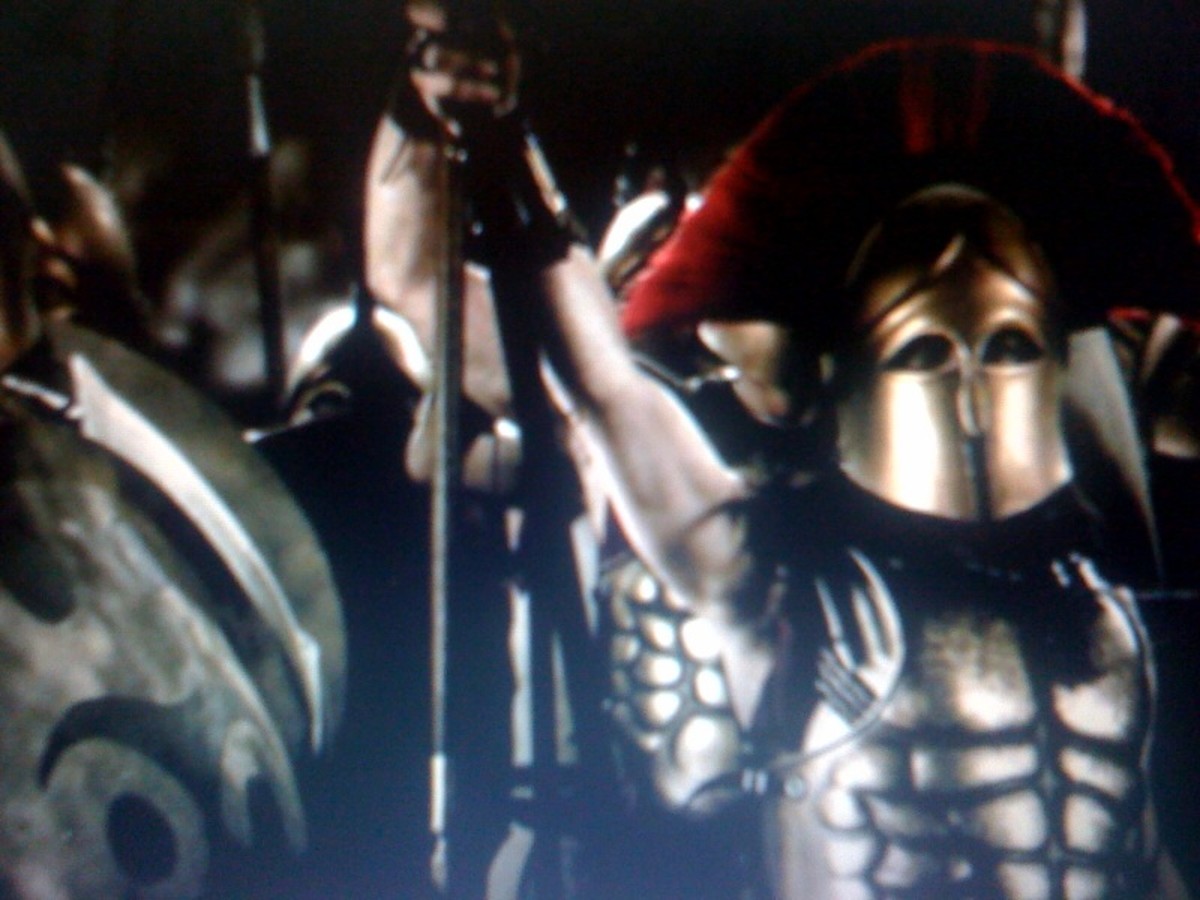- HubPages»
- Education and Science»
- History & Archaeology»
- Ancient History»
- Greek & Roman History
Early Greek Colonialism in Ancient Gaul
Introduction: Summary, Location of Massilia
Introduction:
This article is, for lack of a better term, intended for "lite-education". I will not follow the proper guidelines and rules of a University or College article, and will focus more on the "funducation" aspect of things. Many of you reading this article may simply be interested in Massilia, only because of vague mentions of it, or finding it in a video game (I'm looking at you, Total War).
So, what exactly will I be discussing? I've decided that for now, I will only speak on the general history of Massilia, as well as the impact the city state made on the local Gaulic tribes of Southern France. Think that this article will discuss "Massilia and Barbarians", while my future articles will discuss "Massilia and Rome", and "Massilia and Carthage".
Location of Massilia:
Finally, now I will discuss the actual meaning of this article: Massilia. Firstly, where was Massilia? Massilia was located in southern Gaul, (present day: Marseille, France), and built on a natural cove. See the map below for exact location, along with the area of influence it exerted.
It was located in a very good spot. On the natural cove, the harbour that Massilia had into the Mediterranean was unrivaled. All goods from Gaul flowed into Massilia, and all goods going into Gaul came to Massilia first. It was the first stop for Roman, Carthaginian, and Greek Merchants, and the first and last stop for Gaulic Merchants.
Crude Map
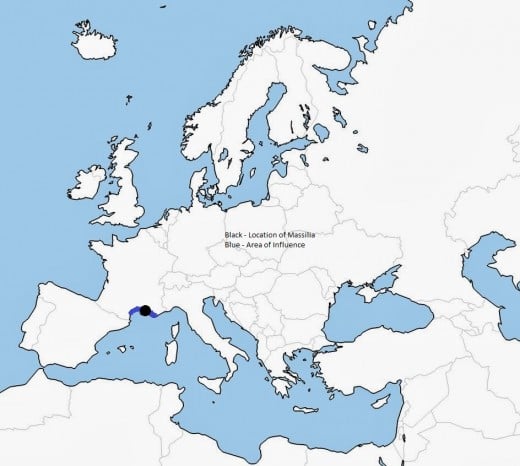
Government of Massilia, Leadership, Differences with other Greek States
Government:
What about the government? Massilia was a polis, a city state. It was an oligarchy, run by a council of six hundred, with magistrates on a local level. The council of six hundred would then vote to create the executive branch, called the Timouchoi. Therefore, Massilia is more closer to Sparta than Athens, while maintaining the same trade power that Athens had, with the military might of the Spartans.
Leadership:
The leadership of Massilia was similar to that of Sparta. Massilia was run as an oligarchy, with a council of six hundred (wealthy and elite landowners), electing three people from the council to serve as the Timouchoi. The Timouchoi would make all executive decisions for the city, while the Council of Six Hundred would focus on the more "gritty" things (sewage, how the city works).
Due to the diversity of Massilia, it seems to be reasonable that the Greeks would create a system in which only the Greeks had a say in how the city ran. This does not mean, however, that the Gauls who lived in Massilia were treated poorly. Gauls fought in the army of Massilia, and there was even reports of Gauls and Greeks intermarrying. However, Massilia ALWAYS remained a Hellenistic state.
Differences of Massilia and other Greek Powers:
Massilia was a trade power, first and foremost. It was never known for being a strong military power (relying heavily on the Romans), and while the Romans used the navy that Massilia had, it was primary ships for protecting trade. How does this separate Massilia from Sparta and Athens?
Sparta was known for using a large slave population, known as the helots, while Athens was known for its citizen Navy. Sparta could crush her enemies with the mighty Spartan army, while Athens could starve out her foes with her navy. Massilia had to use less violent tactics, directing trade where they saw fit.
Say, for example, Massilia and the Unbiti (Made up Gaulic Tribe), are enemies. The Unbiti need Massilia as a port, as the Unbiti are landlocked and unable to reach the Mediterranean. Massilia could demand compensation, that way the Unbiti HAVE to follow the demands of Massilia, or face economic oblivion.
This would be their primary way of dealing with disputes: Trade, Economics, and Wealth. This is primarily due to the fact that Massilia was in a prime location to trade with Barbarian Tribes, while the Greeks were unable to trade with Gaulic and Britonic tribes.
Pytheas, Greatest Explorer to Live
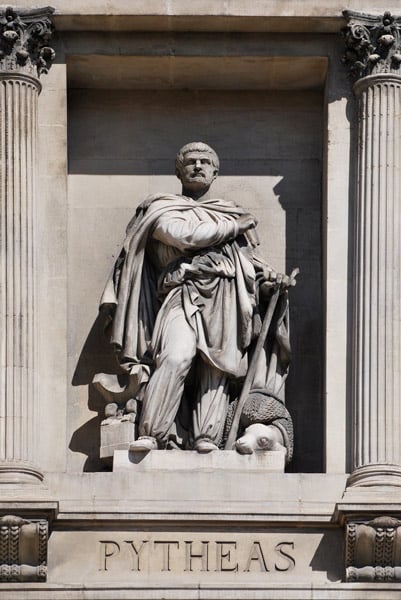
Early History of Massilia
Early History of Massilia: Myth!
Massilia was founded in 600 BCE by Greek Colonists from Phocea. Their leader was a man named Protis, who was their leader and emissary to the local tribes of Southern Gaul. Even in their earliest history, the Greeks from Massilia had been explorers. Protis was a man looking for natural trading ports, and found one in a cove at Lacydon.
However, the Greeks ran into some local trouble. The land was owned by a Gaulic King named Nannus, leader of the Ligurians. The Ligurians were a Gaulic Tribe that inhabited the southern part of Gaul, and they needed his permission to secure the land.
The myth of how a city is founded usually tells a lot about the people. The founding of Rome can be considered "bloody" and "brutal". The founding of Massilia was not this. Nannus invited the Greeks to a banquet, held in honour of his young daughter Gyptis. Gyptis was given a ceremonial cup, with either water of wine in it (scholars are unsure), and she was to present this to a suitor.
Gyptis was meant to pick a suitor among the Chieftains and Gaul Warriors. Instead, she was drawn to the Greek Explorer Protis. She presented him with the ceremonial cup, and the Gauls were outraged. However, Nannus agreed.
Nannus gave the newly weds the cove of Lacydon, with all the lands around it. The Greeks settled there, and they were at peace. When the elderly Nannus died (it is unknown how long it was after the marriage), his heir became King and went to war with Massilia.
Again, (and this is so interesting), the Gauls lost not because Massilia overpowered them, but because a Gaul fell in love with a young Greek woman and told the Greeks the plans to invade during the night. The Massilians repelled the invasion, killing all the invaders and the young King.
The Ceremonial Cup
